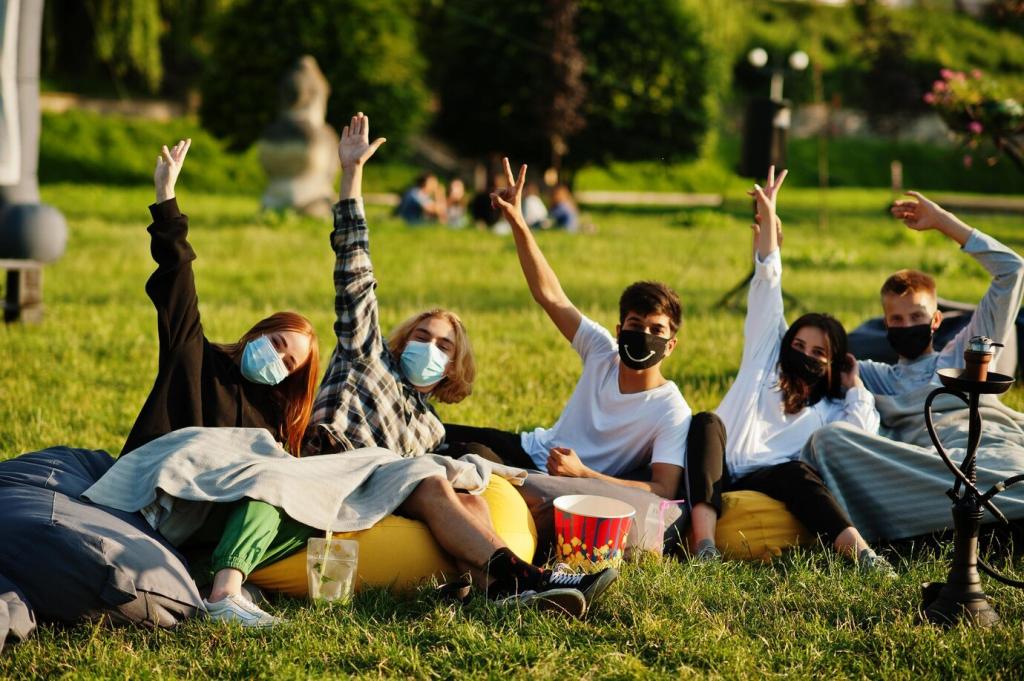Step Into Time: Historical Site Tours
Research That Reveals Hidden Layers
Begin with the site’s official archive, then chase footnotes into old maps, digitized newspapers, and oral histories. UNESCO entries, local museums, and university blogs often reveal overlooked details that transform ruins into tangible, human stories.
Timing, Tickets, and Crowd-Savvy Strategies
Arrive at opening, book timed slots, and consider shoulder seasons for gentler light and thinner crowds. Sunset circuits, weekday visits, and night tours often unlock silence, cooler air, and access to rooms usually kept closed.
Packing Smart for Stone and Story
Wear supportive shoes, bring water, a small notebook, and a spare battery. A scarf doubles as shade or respectful cover. Keep your kit light so curiosity leads, not your luggage. Comment with your must-pack essentials.
Story-Driven Routes: Turning Ruins Into Narratives
Choose a protagonist—builder, pilgrim, or rebel—and trace their path. Let gates be thresholds, towers become turning points, and courtyards offer reflection. Share your chosen character below, and we’ll suggest a fitting route.

Local Voices and Expert Guides
Ask about daily life, contested interpretations, and construction techniques. Invite contradictions; they reveal history’s complexity. Post your favorite question in the comments so others can try it on their next visit.
Local Voices and Expert Guides
Community-led walks often highlight labor stories, women’s spaces, and marginalized narratives. Tip generously, cite sources, and credit speakers when sharing. Subscribe for our upcoming interviews with local historians across seasons.

Touch With Eyes, Not Hands
Oils from skin accelerate decay on marble, paint, and bronze. Stay behind lines, avoid flash near frescoes, and never climb walls. Share a respectful tip you wish every visitor learned before stepping inside.

Travel Light, Leave Lighter
Opt for trains or shared rides, refill bottles, and pack reusables. Support eco-certified guides and museums with conservation programs. Pledge in the comments to one small change you’ll make on your next tour.

Giving Back to Sites and Communities
Donate to restoration funds, buy locally produced crafts, and volunteer in cleanup events. If you know a small site needing attention, drop its name below and we’ll highlight it in our monthly roundup.
Family-Friendly Historical Adventures
Turn Facts Into Quests
Create a scavenger hunt for carvings, symbols, or animal motifs. Offer stamps or stickers for each discovery. Comment to download our printable quest cards tailored to forts, temples, and colonial town centers.
Breaks That Keep Curiosity Alive
Alternate discovery with rest: shaded benches, picnic corners, and hands-on model rooms. Short, frequent pauses beat marathon tours. Tell us your best kid-approved break spots for future family guides.
Safety Without Fear
Set a meeting point, wear bright layers, and establish a buddy system. Explain why ropes exist and celebrate good choices. Share your family’s safety ritual so other travelers can learn and adapt.
Tools of the Time Traveler
Try AR overlays that reconstruct missing walls, offline maps for remote citadels, and accessible audio guides. Post your favorite app below and we’ll compile a community-vetted toolkit for subscribers.
Tools of the Time Traveler
Sketch floor plans, jot overheard dates, and star locations for later research. Use a pocket notebook or voice memos. Subscribe to receive our note templates designed for cathedrals, forts, and ancient streets.



